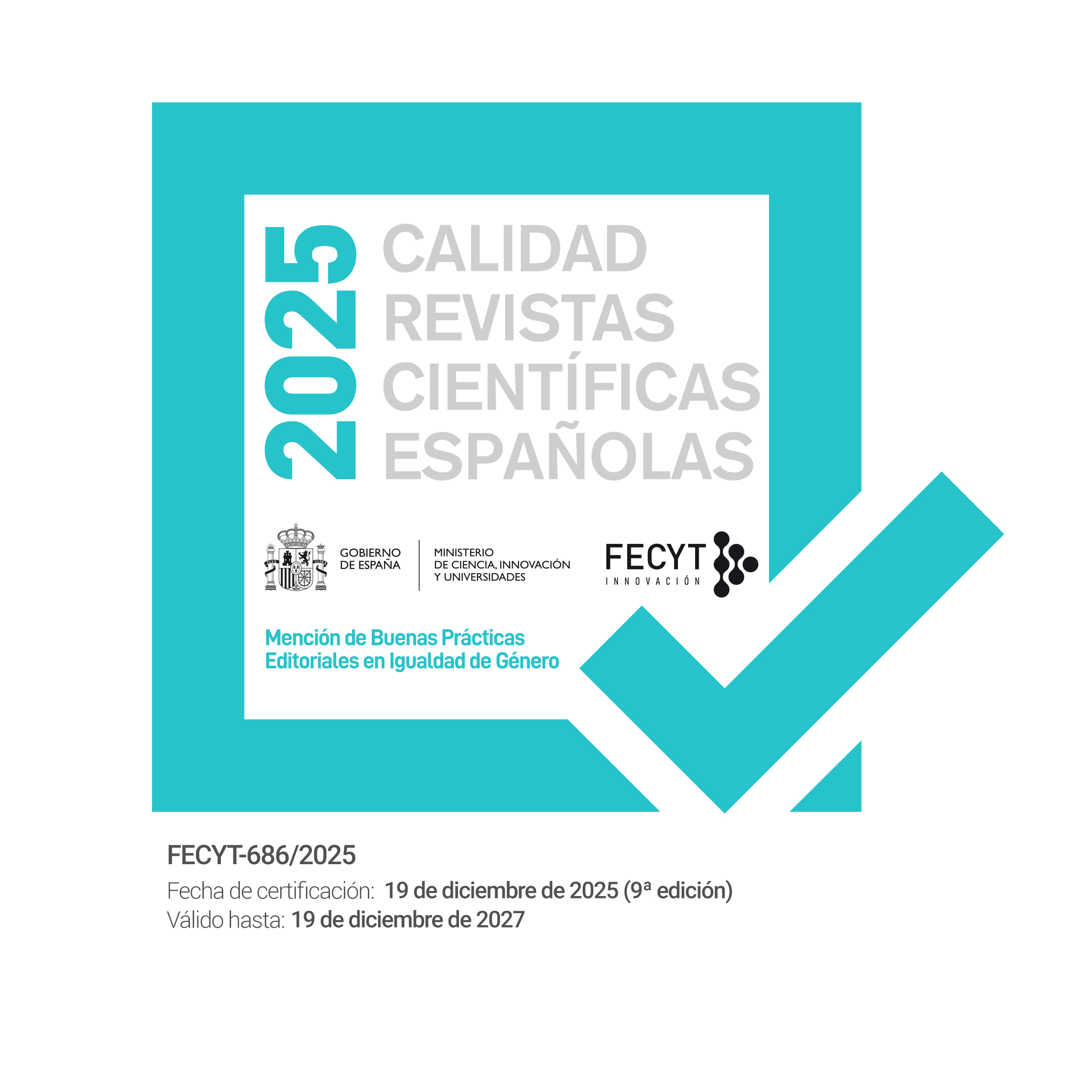Effective Programs of Social Skills Training based on Experiential Methods
DOI:
https://doi.org/10.55414/t076p264Abstract
This essay examines the question of the evidence based psychological practices applied to the Social Skills Training (SST) programs and, more specifically, the experiential SST programs, as proposed and tested by the authors in the last years. First, we discuss the different models of SST programs. Then, we present the main characteristics of the experiential method, which are: structured situations of experiential training as the context and the support to apply behavioral procedures and techniques; conceptual base directed by both the instrumental and the ethical dimensions of the social competence; emphasis on the promotion of intermediary process skills; focus on the behavior variability; exposition and sensibility to the environment contingencies; functional analysis and self-monitory as supplementary goals; inclusion of generic task in the procedure of home tasks. Finally, we present some characteristics of the experiential SST programs driven in Brazil with evidences of effectiveness, as well as new questions for future investigations.
CITE AS:
Del Prette, A. & Del Prette, Z.A.P. (2013). Programas eficaces de entrenamiento en habilidades sociales basados en métodos vivenciales. Apuntes de Psicología, 31, 67-76.
Downloads
Downloads
Published
Issue
Section
License
Copyright (c) 2013 Apuntes de Psicología

This work is licensed under a Creative Commons Attribution-NonCommercial-NoDerivatives 4.0 International License.



























